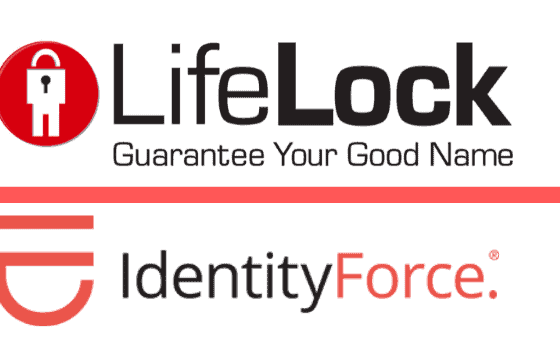The European Commission (EU) has threatened to cap the credit card processing charges that banks impose on businesses and shops. In turn, the banks have threatened to add higher fees and other charges onto cards used by consumers. When it all finally boils down, it’s likely that UK households will take another hit in their billfolds.
As it stands now, credit cards like MasterCard and Visa charge businesses a 0.9 percent charge on all credit card purchases. This credit card fee costs businesses £850 million annually. The charge in debit cards is 0.2 percent. The EU wants to set a flat service charge fee of 0.3 percent.
On further examination, this matter gets more complex. The fees that businesses pay to banks are known as interchange fees. These fees cover the bank’s costs of processing credit card transactions such as fraud insurance and administration. Shops and businesses give banks different interchange fees based on size. Big retailers generating tons of sales tend to pay a smaller interchange fee. A mom and pop store will pay a larger interchange fee. These fees can vary from 2.5 to 0.1 percent.
The European Commission (EC) estimates that this fee payment market has a value of £112 billion. The EC is laying out the argument that the credit card sector is expensive and fragmented. Retailers tend to agree with the EC opinion. The British Retail Consortium (BRC) has been hammering the EC for a decade to end what it calls excessive and anti-competitive fees for processing credit cards. The BRC argues that consumers will benefit via lower prices if the fees are capped. At present, retailers eat these fees and charge them back into the business.
"We’re delighted with this landmark proposal," said Helen Dickinson, the BRC director. "Capping these excessive and anti-competitive fees will support the UK retail industry by £362 million a year, boosting the industry’s ability to invest and innovate while continuing to deliver lower prices and value for customers," Dickinson added in an interview at Daily Mail.
MasterCard Europe contends that if this EC cap goes through, consumers will be hit with a £25 annual fee per credit card. Marion King, president of MasterCard, warned that lower fees will result in less income for issuing banks, and that will force banks to charge consumers for using cards.
The EC fee proposal will force credit card companies to separate their payment card schemes from the business division that processes transactions. Essentially, this would destroy the current credit card model. The Financial Times (FT) describes this matter as the final battle in the long war between EU bureaucrats and payment providers. The Commission proposal calls for a 0.2 percent cap on debit transactions. Credit card fees would be capped at 0.3 percent. The EC estimates that EU debit card fees will be cut to €2.5 billion from €4.8 billion. Credit card fees will tumble to €3.5 billion from €5.7 billion.
Banks are challenging these caps by arguing that loyalty benefits on cards will be scraped. The banks also contend that consumers will not see lower retail prices. Instead, merchants will pocket the additional margin.
What this proposed card cap means for the consumer is difficult to measure. When profit is taken away from one source, the waters must be explored to find new profit streams. Some analysts are warning that lending might decrease because there will be less cash to loan out. Fees on cards might increase unless competition kicks in. Rewards and services for credit cards might be cut back or disappear. It might become more difficult for consumers to qualify for credit cards. Banks may issue credit cards to only the best customers. New technology to battle credit card fraud might get tossed out.
What is known is that the UK is the most innovative and inclusive user of plastic in Europe. Britain has opened up the credit market to nearly every household in the UK, including low-income families. The vast majority of households have access to both debit cards and bank accounts. EC bureaucrats sticking their fingers into this English credit card pudding could mess up everything. Then again, it might not.





